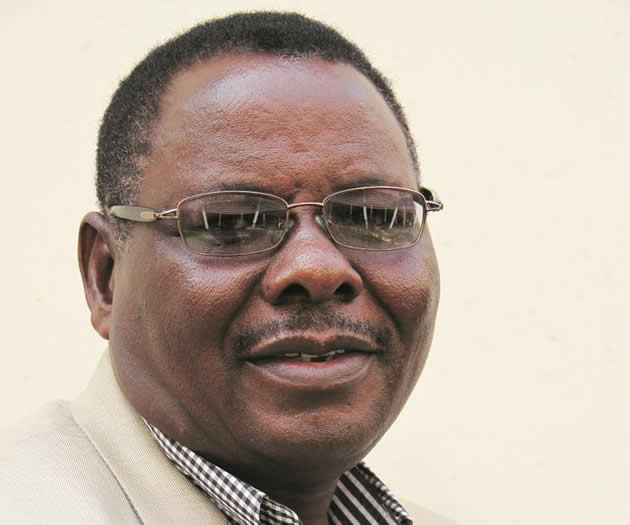‘Farm mechanisation beneficiaries should pay’

 Zvamaida Murwira in Mutare
Zvamaida Murwira in Mutare
Farm mechanisation beneficiaries should pay for the equipment and not impose the liability on ordinary people as envisaged by the Reserve Bank of Zimbabwe Debt Assumption Bill, legislators heard on Monday.
The legislators were told that allowing beneficiaries to pay back for the equipment would go a long way in easing pressure on the fiscus which was already burdened with other obligations.
This was said by residents in Mutare during a public hearing conducted by a parliamentary portfolio committee on Finance and Economic Development, that is conducting a public hearing on the RBZ Debt Assumption Bill, currently before Parliament.
The committee, chaired by Mutoko South MP, Cde David Chapfika (Zanu-PF), is on a whirlwind tour to get the views of members of the public on the RBZ Debt Assumption Bill. The Bill seeks to move US$1,1 billion RBZ debt from the central bank to the Government so that it resides with the ministry of Finance.
This will enable the central bank to effectively discharge its core functions one of which is the lender of last resort.
Mr Charles Tavazadza said it was not proper to lump debts incurred by Government through genuine State programmes such as electricity importation, drug procurement among others with those that benefited individuals.
“I am a farmer and a beneficiary of farm mechanisation and I am prepared to pay for the pump that I got. There are people who got tractors and combine harvesters and most of them are deriving benefit from this equipment. It becomes unfair to ask ordinary people to pay for such equipment,” said Mr Tavazadza.
Mr Tavazadza said there was need for an independent audit of the debt as there could be some errors, particularly with respect to those farmers who delivered wheat to the central bank.
He said he was owed US$3 000 by the central bank in respect of wheat he delivered but the amount was being reflected as US$67.
Another resident, Mr Jairos Mareya, said there was need to categorise Government debts and differentiate them from those that benefited individuals.
Mr Regai Tsunga, another resident, said there was need to have an audit of the debts to establish the extent to which people were liable.
“We need to synthesise on who benefited to what value,” he said.
Others submitted that there was need to prioritise external debt than local debts so as to allow for foreign direct investment.










Comments